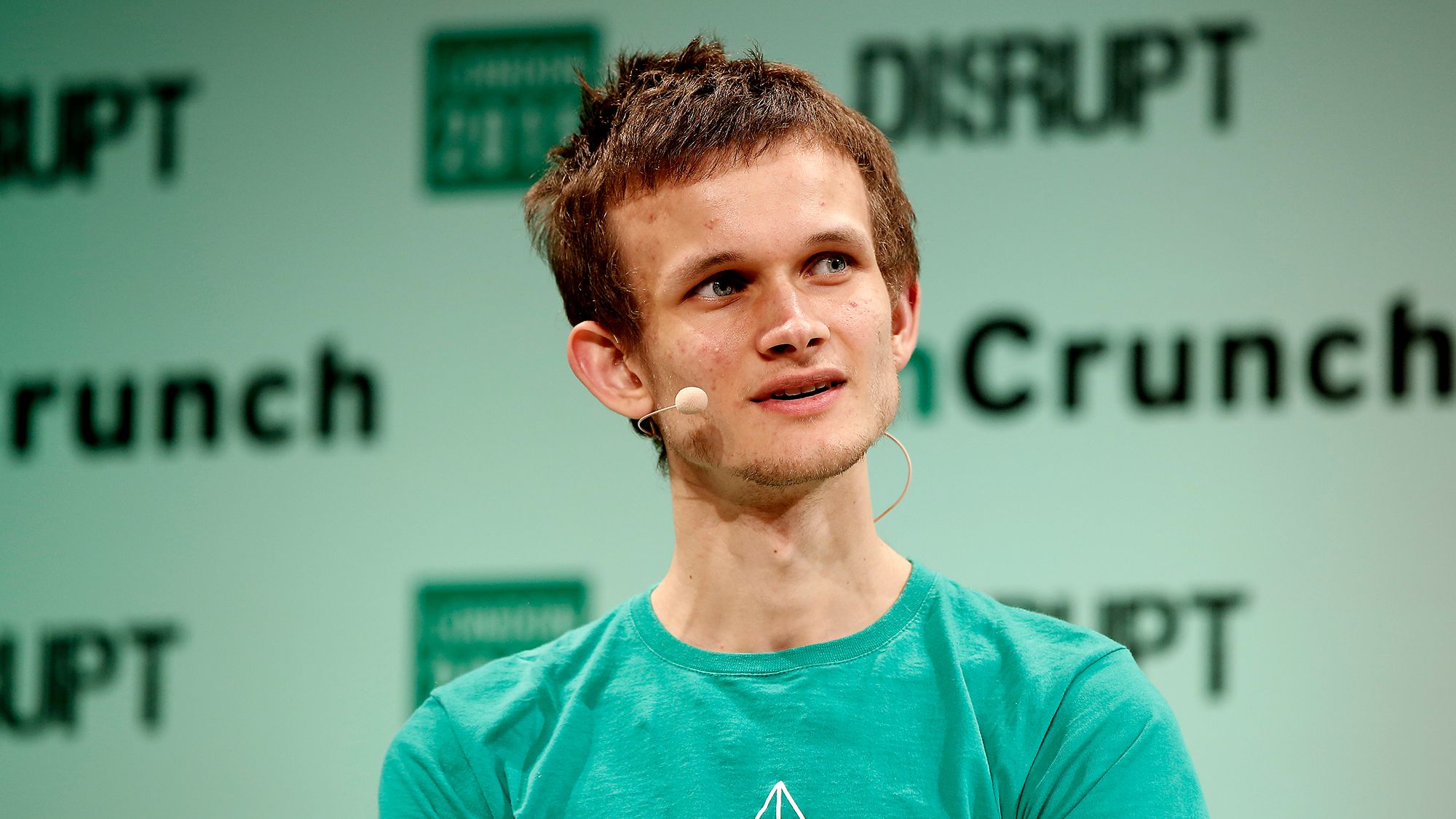Nick Johnson, the brain behind Ethereum Name Service (ENS), embarked on this project with uncertain financial requirements.
To his surprise, Vitalik Buterin, co-founder of Ethereum, granted him twice the amount he requested from the Ethereum Foundation.
This pivotal moment was discussed by Johnson during an exclusive interview with Cointelegraph at ETHGlobal in London.
He delved into the inception and evolution of ENS, a service enabling the creation of human-readable Web3 addresses.
These addresses serve multiple purposes: as a Web3 wallet for cryptocurrencies and non-fungible tokens (NFTs), and as a domain for decentralized websites.
Before his venture into the blockchain world, Johnson, originally from New Zealand, contributed his expertise to Google.
His journey into cryptocurrency began with Bitcoin, but he quickly gravitated towards Ethereum, attracted by its programmability.
He noted, “I learned about Bitcoin not long after it came out. I initially thought this was really cool, but then I realized it is just money.
“There’s no programmability here.” With a robust background in infrastructure, tooling, and libraries, Johnson leveraged his skills to develop his own Ethereum strings library, essential for string manipulation in coding.
Johnson’s talent caught the attention of the Ethereum Foundation, which brought him onboard to tackle an existing gap in their infrastructure through the development of the name service.
This project initially commenced within the EthSwarm team but continued to flourish as Johnson transitioned to the Go Ethereum team, eventually becoming his primary focus.
READ MORE: Pro-XRP Lawyer John Deaton Challenges Senator Elizabeth Warren, Launches Crypto-Funded Senate Bid
The establishment of ENS as a separate organization was propelled by a significant grant from the Ethereum Foundation, aimed at supporting a two-year roadmap.
Buterin’s intervention to double the initial grant ensured the project’s sustainability and growth.
Johnson reminisced, “They took it to Vitalik, and he said, ‘No, that’s not nearly enough, take twice as much.’ That’s how it started. If he hadn’t got involved, ENS would have sputtered and failed.”
Since its launch, ENS has seen over two million addresses registered.
However, Johnson values the quality of user engagement over mere numbers, wishing to measure the utility of ENS addresses in crypto transactions more accurately.
Despite the challenges in gauging direct metrics, Johnson is optimistic about ENS’s expansion and its adoption on various networks to enhance Web3 utility.
Looking forward, ENS plans to integrate with Ethereum layer-2 solutions, aiming to become more user-friendly and accessible.
This strategic direction underscores Johnson’s commitment to bringing ENS closer to users and improving overall usability within the Web3 space.
To submit a crypto press release (PR), send an email to sales@cryptointelligence.co.uk.




